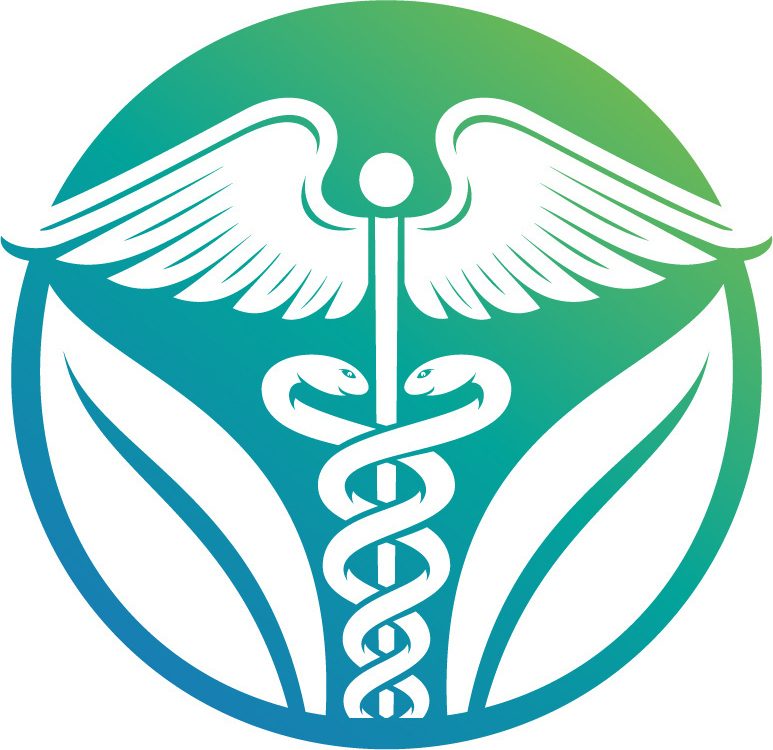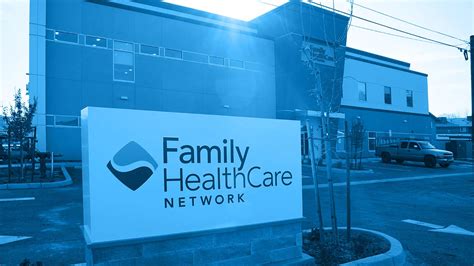Newborns Being Sick

When a newborn becomes sick, it can be a distressing and overwhelming experience for parents. The first few months of life are crucial for development, and any illness can pose significant risks. Newborns, especially those under three months, have underdeveloped immune systems, making them more susceptible to infections. It’s essential for parents to recognize the signs of illness, understand common health issues, and know when to seek medical attention.
One of the primary concerns for newborns is infection. Due to their immature immune systems, newborns are at a higher risk of developing severe infections, which can quickly become life-threatening. Signs of infection in newborns may include fever, lethargy, poor feeding, vomiting, diarrhea, and difficulty breathing. It’s crucial for parents to monitor their baby’s temperature, as fever in newborns can be a sign of a serious infection. If a newborn’s temperature exceeds 100.4°F (38°C), parents should seek medical attention immediately.
Respiratory issues are another common health concern for newborns. Conditions such as respiratory syncytial virus (RSV), bronchiolitis, and pneumonia can affect newborns, causing symptoms like coughing, wheezing, and difficulty breathing. Parents should be aware of these signs and seek medical help if their baby exhibits any of these symptoms. Premature babies are at a higher risk of developing respiratory problems due to underdeveloped lungs.
Gastrointestinal issues, such as gastroesophageal reflux disease (GERD), can also affect newborns. GERD occurs when stomach acid flows back into the esophagus, causing discomfort, vomiting, and poor feeding. Parents can help manage GERD by feeding their baby smaller, more frequent meals, burping them regularly, and keeping them upright after feeding.
For parents, it’s essential to have a pediatrician they trust and can contact in case of an emergency. Regular check-ups with a pediatrician can help identify potential health issues early on, reducing the risk of complications. Parents should also stay informed about common health issues affecting newborns, recognizing the signs of illness, and understanding when to seek medical attention.
Sometimes, newborns may require hospitalization due to illness. This can be a stressful experience for parents, but it’s crucial to remember that hospitalization is often necessary to provide the baby with the best possible care. Parents should ask questions, seek explanations, and stay involved in their baby’s care to ensure they receive the best treatment.
In terms of prevention, there are several steps parents can take to reduce the risk of their newborn becoming sick. Maintaining good hygiene, such as washing hands regularly, can help prevent the spread of infections. Ensuring the baby is in a smoke-free environment and avoiding exposure to individuals with illnesses can also reduce the risk of infection. Furthermore, following the recommended vaccination schedule can provide protection against serious diseases.
What are the most common health issues affecting newborns?
+The most common health issues affecting newborns include infections, respiratory problems, and gastrointestinal issues. Infections can be caused by bacteria, viruses, or fungi, while respiratory problems, such as RSV and bronchiolitis, can cause coughing, wheezing, and difficulty breathing. Gastrointestinal issues, such as GERD, can cause discomfort, vomiting, and poor feeding.
How can parents prevent their newborn from becoming sick?
+Parents can take several steps to reduce the risk of their newborn becoming sick. Maintaining good hygiene, such as washing hands regularly, can help prevent the spread of infections. Ensuring the baby is in a smoke-free environment and avoiding exposure to individuals with illnesses can also reduce the risk of infection. Furthermore, following the recommended vaccination schedule can provide protection against serious diseases.
What are the signs of infection in newborns?
+Signs of infection in newborns may include fever, lethargy, poor feeding, vomiting, diarrhea, and difficulty breathing. If a newborn's temperature exceeds 100.4°F (38°C), parents should seek medical attention immediately.
How can parents manage GERD in their newborn?
+Parents can help manage GERD in their newborn by feeding them smaller, more frequent meals, burping them regularly, and keeping them upright after feeding.
Why is it essential for parents to have a pediatrician they trust?
+Having a pediatrician they trust can provide parents with peace of mind and ensure their baby receives the best possible care. Regular check-ups with a pediatrician can help identify potential health issues early on, reducing the risk of complications.
What should parents do if their newborn requires hospitalization?
+If a newborn requires hospitalization, parents should ask questions, seek explanations, and stay involved in their baby's care to ensure they receive the best treatment. Parents should also trust their pediatrician and the hospital staff to provide their baby with the necessary care.
To navigate the complex world of newborn health, parents must prioritize their baby’s well-being and stay informed about common health issues. By recognizing the signs of illness, understanding prevention strategies, and maintaining open communication with their pediatrician, parents can reduce the risk of their newborn becoming sick and ensure they receive the best possible care.
In conclusion, newborn health is a delicate and critical aspect of a baby’s development. By staying vigilant, seeking medical attention when necessary, and maintaining a proactive approach to health, parents can help their newborn thrive and reduce the risk of complications. Ultimately, a comprehensive understanding of newborn health issues and a strong support system can make all the difference in ensuring a healthy and happy start to life.
As a parent, it's natural to feel overwhelmed by the responsibilities of caring for a newborn. However, by staying informed and proactive, you can ensure your baby receives the best possible care and reduce the risk of complications. Remember, a healthy start to life is just the beginning of a lifelong journey of growth, development, and happiness.
Newborn health is a multifaceted topic, and there’s always more to learn. By exploring the various aspects of newborn health, parents can gain a deeper understanding of their baby’s needs and develop the skills necessary to provide exceptional care. Whether it’s recognizing the signs of illness, understanding prevention strategies, or navigating the complexities of newborn development, parents play a vital role in shaping their baby’s health and well-being.
Step-by-Step Guide to Newborn Health

- Recognize the signs of illness, such as fever, lethargy, and poor feeding.
- Understand common health issues, including infections, respiratory problems, and gastrointestinal issues.
- Maintain good hygiene, such as washing hands regularly, to prevent the spread of infections.
- Ensure the baby is in a smoke-free environment and avoid exposure to individuals with illnesses.
- Follow the recommended vaccination schedule to provide protection against serious diseases.
- Stay informed about newborn health and development to provide the best possible care.
In the world of newborn health, knowledge is power. By staying informed, proactive, and vigilant, parents can ensure their baby receives the best possible care and reduce the risk of complications. Whether it’s navigating the complexities of newborn development or recognizing the signs of illness, parents play a vital role in shaping their baby’s health and well-being. With the right approach, parents can help their newborn thrive and set them up for a lifetime of happiness and success.



